
TAGTIK NEWS - TO THE POINT
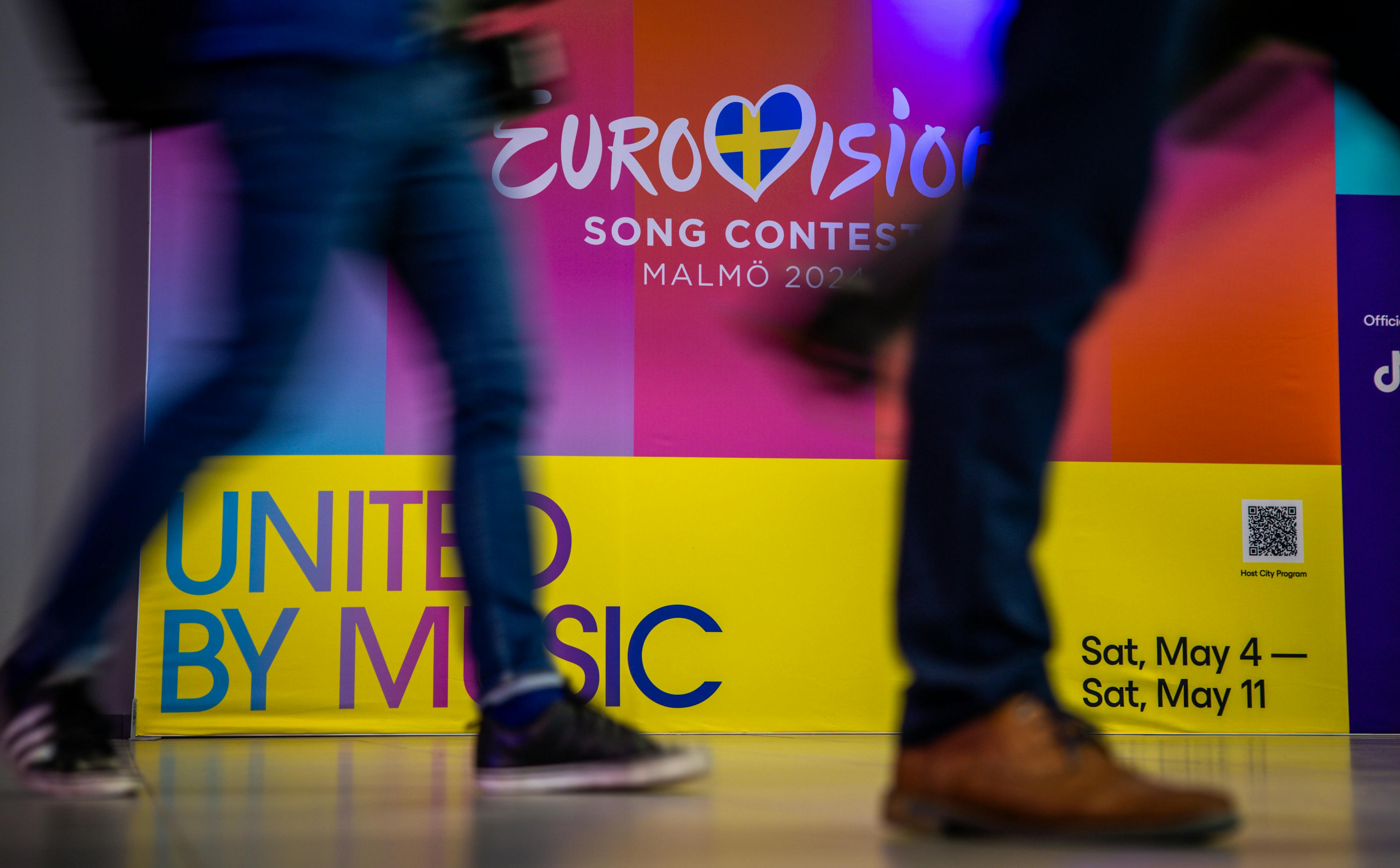
The issues from 2024 have still not been resolved
Just weeks away from the Eurovision Song Contest, three national broadcasters have formally declared their opposition to the presence of Israel in the event: Spain, Slovenia and Iceland.
This is a leftover from last year, when the Israel entry met with stiff resistance from other broadcasters and numerous backstage incidents marred the atmosphere.
The issue – still – is the vastly unpopular war on Gaza, which continues to shock many people. The question many observers ask is, why is Israel still participating when Russia is not? In 2022, the Russian members were excluded by the European Broadcasting Union (EBU), the body of broadcasters that organises the event. At the time, they said they would bring Eurovision “into disrepute”.
In this case, the EBU is maintaining that Israel fulfilled all their criteria for participating.
Question about televoting
There is also a feeling that Israel’s fifth position last year was not an accurate representation of actual popularity. Social media were inundated with people saying they had voted multiple times for Israel to compensate for a perceived boycott. This is not against the rules but the rule was not intended to enable block voting for political reasons which is likely what happened.
In a statement to Huffpost UK concerning 2025, the EBU commented: “We all aspire to keep the Eurovision Song Contest positive and celebratory and aspire to show the world as it could be, rather than how it necessarily is. The EBU remains aligned with other international organisations that have similarly maintained their inclusive stance towards Israeli participants in major competitions at this time.”
In other words, they prefer to keep their heads under the pillow and organise another Eurovision that will doubtless be as tense as 2024.
(Michael Leahy. Source: Huffpost et al. Photo: picture alliance/dpa | Jens Büttner)
LATEST NEWS
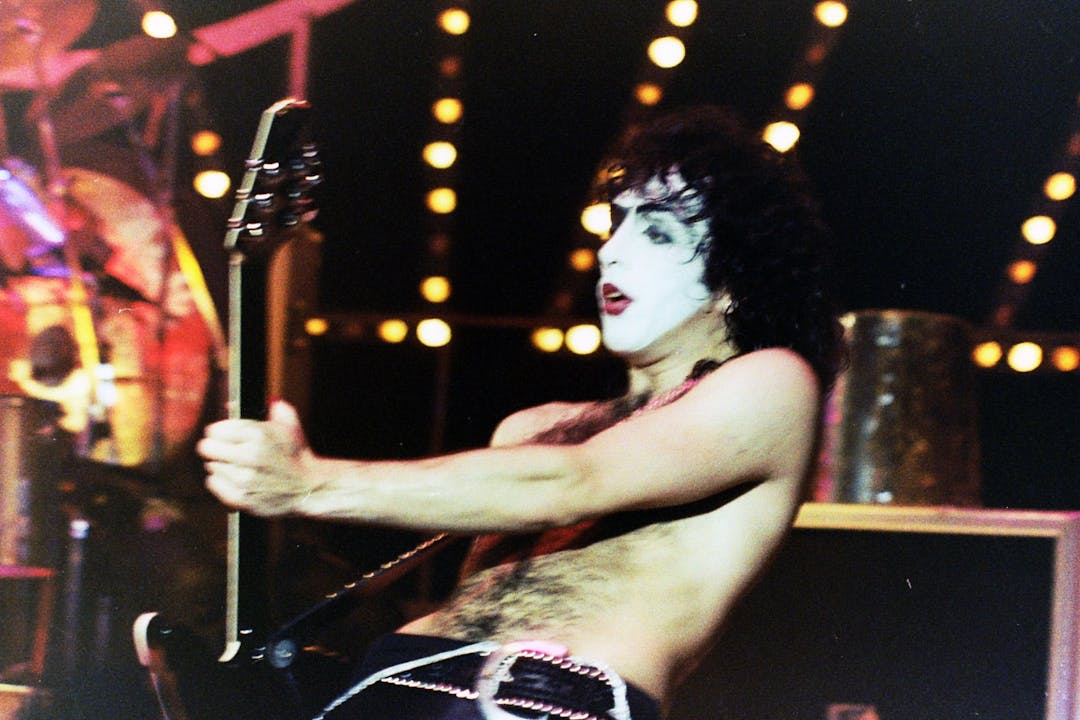
Born on January 20: Paul Stanley (KISS) promises not to touch make-up!

Born on January 19: Martha Davis, the Motels' singer's troubled life

RIP: The legendary Tucker Zimmerman has passed away at the age of 84.
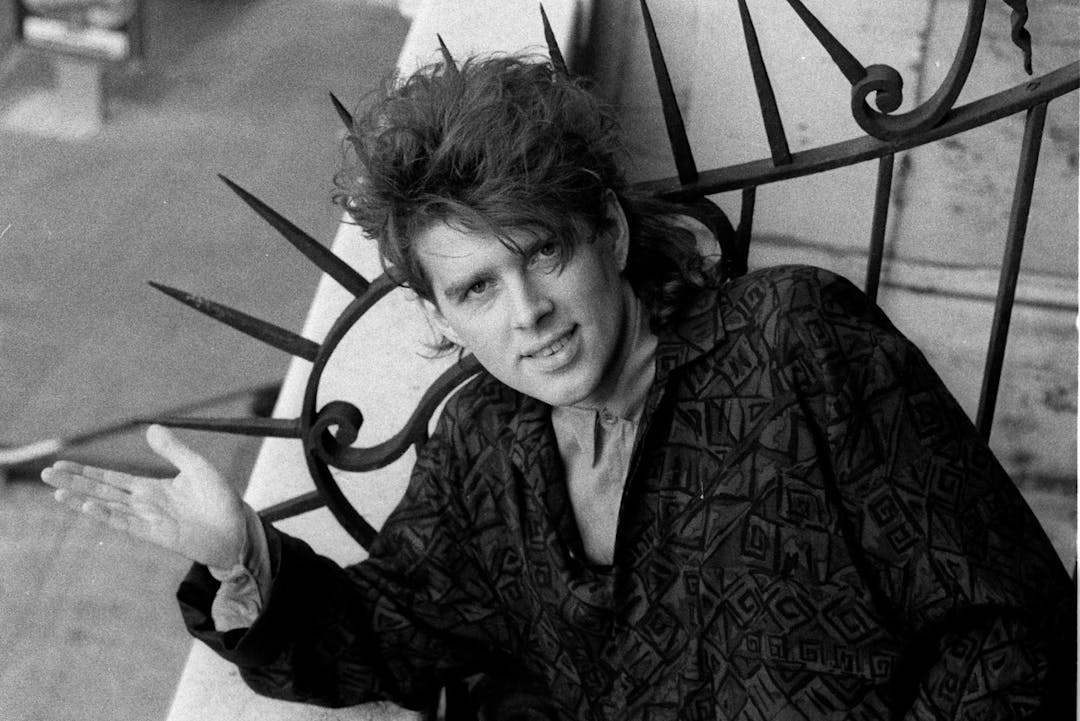
Born on January 18: Tom Bailey (Thompson Twins) always calls his "Doctor! Doctor!"
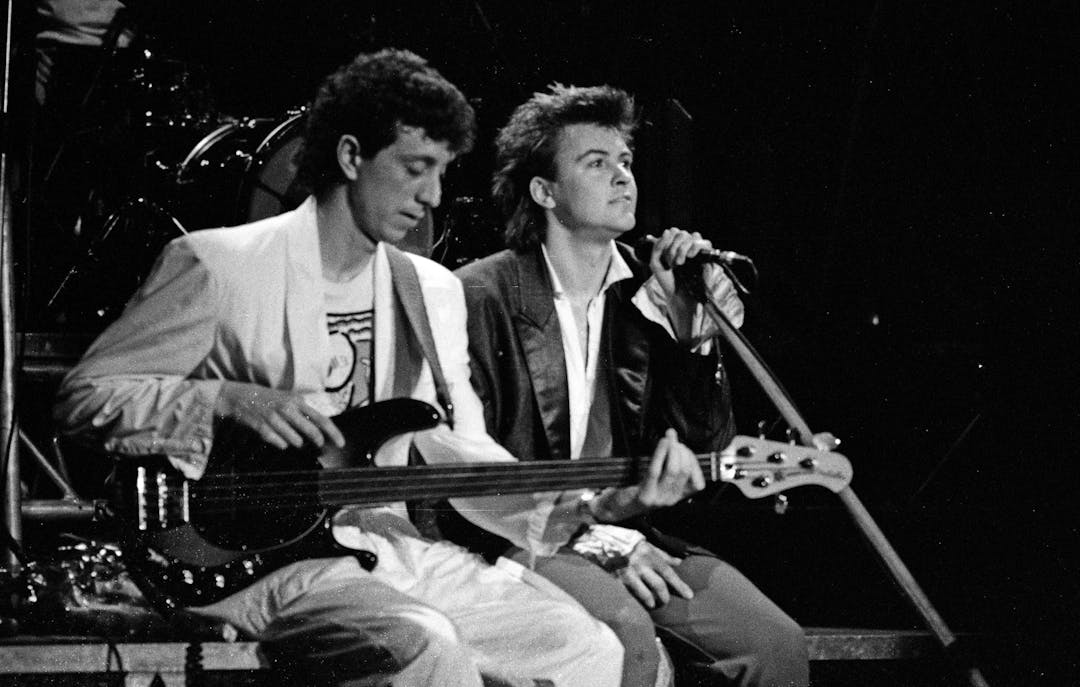
Born on January 17: Paul Young holds on to his crown as king of romantic ballads
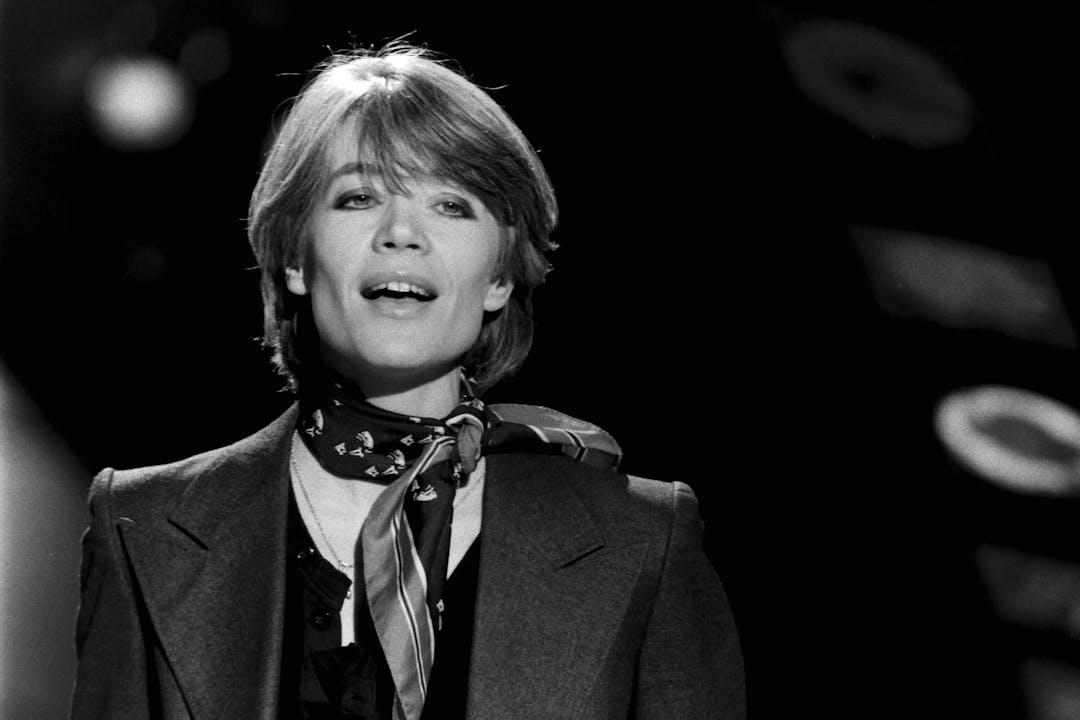
Born on January 17: Françoise Hardy left to find the stars in 2024
Quick links